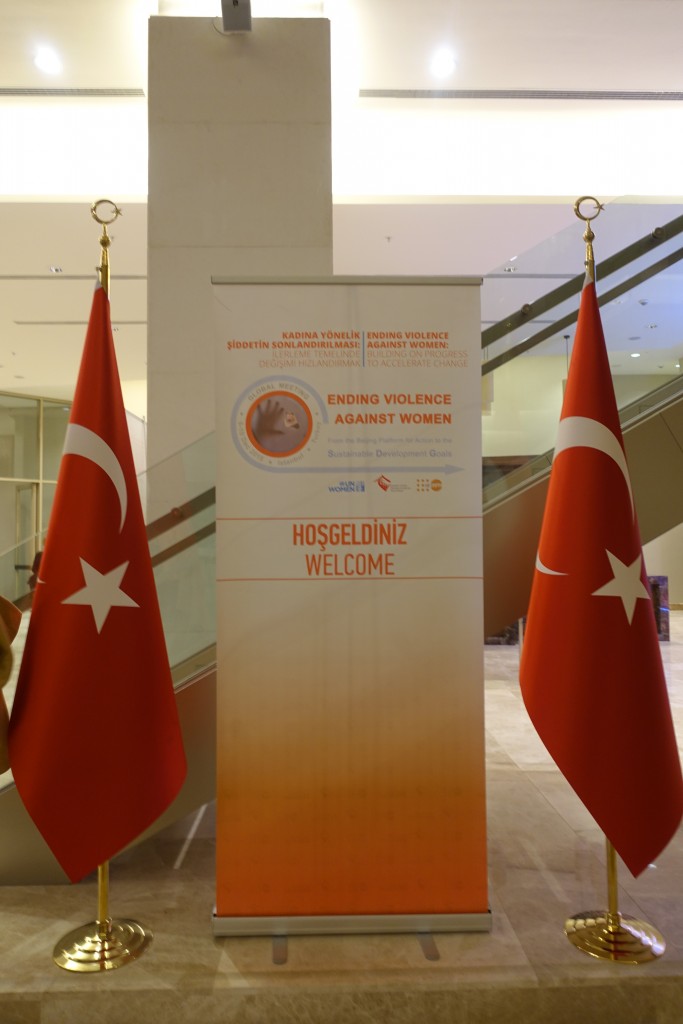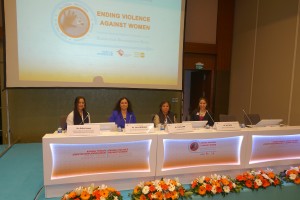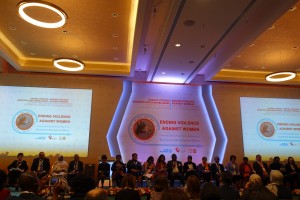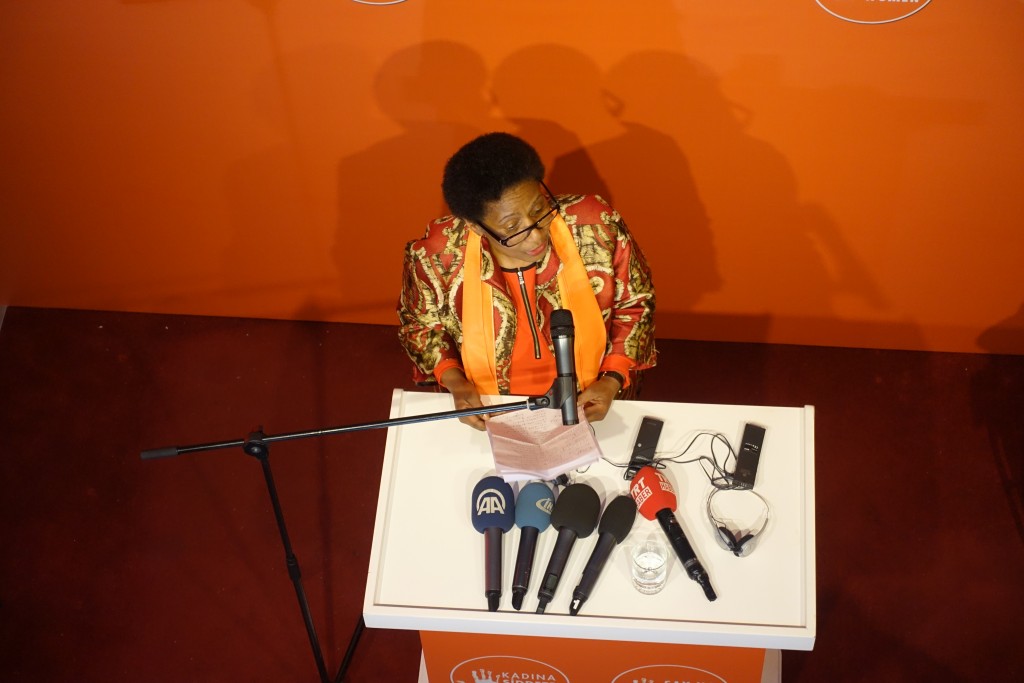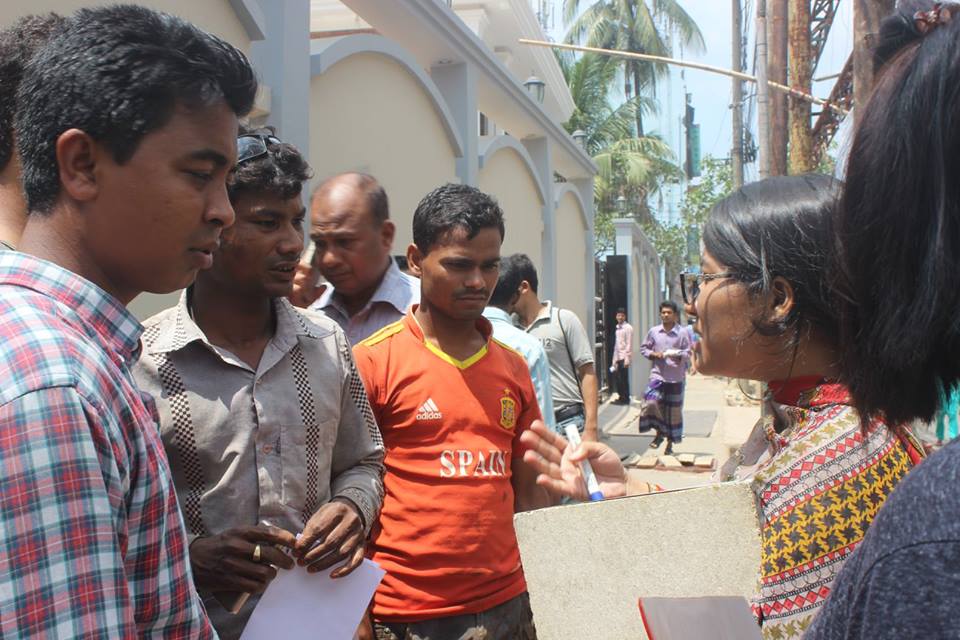I’m 12 years old, and I’ve been catcalled numerous times, but this one is the first time it happened to me; I was in Taksim, a popular place for tourists in Turkey with my older cousin. A man was walking behind us, but it was daytime, crowded and everyone was walking at the same direction. So, I didn’t think much of it. I didn’t even notice him.
Then, I saw an interesting event so I turned around to record it. As I grabbed my phone, the guy (presumably in his 20s) whistled and winked at me. I’ve never been catcalled before, so I felt really scared, vulnerable, and small. Really, really small. I’m a strong, athletic girl, even compared to some adults I know, but when I was going through that, I felt so vulnerable. I’m only 12! What if he pulled out a knife? What if he drugged me? He continued to follow us for 10 minutes straight.
I didn’t show that I was scared, but it really struck me. I knew he couldn’t do anything, there were too many people around, but I couldn’t help but feel threatened. I was paranoid he was going to drug me since he was walking behind me. Since he followed me inside a few shops, I knew this wasn’t just an ordinary catcall. This guy was up to something, so I spoke out, “Can you leave me alone?” I said (in Turkish).
He laughed, blew me a kiss and left. I was so anxious the rest of the day. I didn’t make eye contact with anyone. Even though it wasn’t physical, it still affects me to this day. I’m still getting honked, barked at by guys in cars passing by at night. I really feel small and vulnerable, I might be strong compared to my peers, maybe I might be able to run away or defend myself, but it still gets me shaking whenever it happens.
Everything about rape, violence, kidnapping that I’ve seen or read just comes to my mind. What if I become the victim? What will they do to me? I can’t walk comfortably at night (or day) anymore and fyi, my clothing wasn’t even revealing. Maybe it showed my curves a little, but that still leaves them no right to commit these predatory actions.
I feel a little better when I see women fighting back against street harassment, it really helps me. But still, I feel uncomfortable around grown men.
– Anonymous
Location: Taksim, Turkey
Need support? Call the toll-free National Street Harassment hotline: 855-897-5910
Share your street harassment story for the blog.
See the book 50 Stories about Stopping Street Harassers for ideas.


